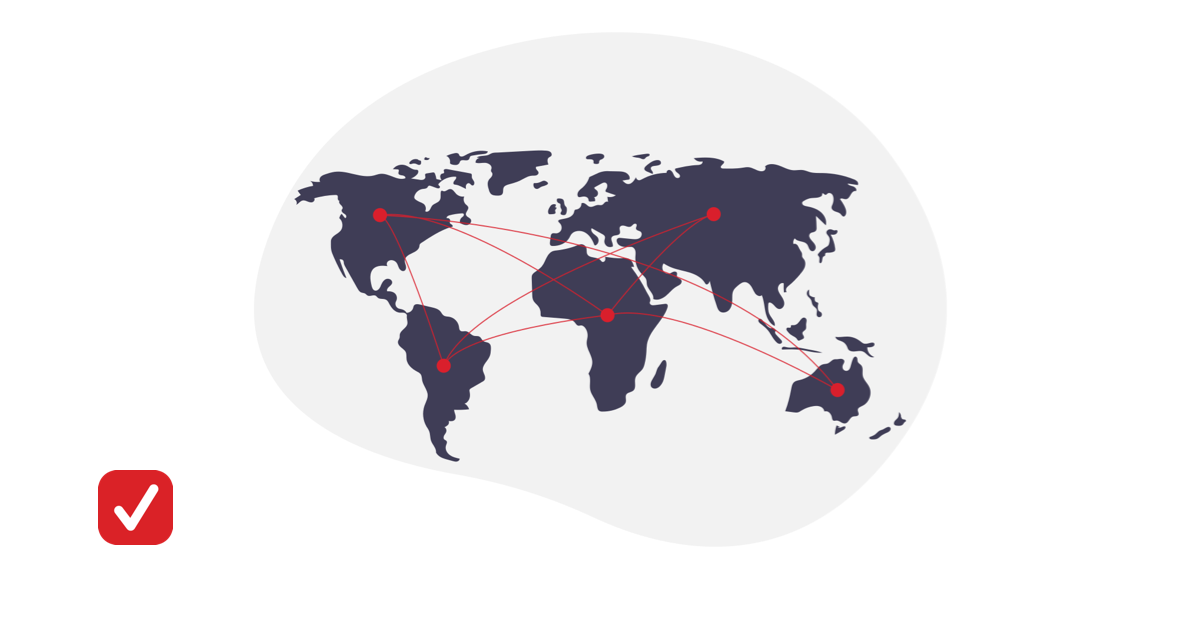The case: young employees
At the beginning of February, I turned 51. And this weekend, when I was complaining about today’s teenagers and twenty-somethings, I realised I was getting older. “They spend all day questioning whether they feel like doing something. What is the business world supposed to do with people like that?” was my complaint. Even the best job still consists of at least 80% work that isn’t enjoyable, but you just have to do it. Thinking about it doesn’t help at all.
Now, within our company, we employ several people in their twenties. And I have to admit, they are actually quite capable. On top of that, they have the perseverance to truly excel.
The core of our company is software development. From HR to marketing, we use software everywhere. I’ve noticed that young people need no explanation when it comes to software. Even if they aren’t familiar with a specific programme, they grasp it immediately, as if they were born with an understanding of software logic. By the time I’m on page three of the manual, they’ve already figured it out. Sometimes, I even think that in certain roles, young people quickly outperform older colleagues with years of experience. But isn’t experience crucial? Well, sometimes I question the value of experience too. Is that experience still relevant? And don’t we often remember only the negative aspects, shaping our experience based on that? No, that doesn’t work, I’m told.
The natural course of a career is that you gradually receive more salary, tasks, and responsibilities. But the world is changing rapidly, especially in IT. Perhaps we should allow young talents in certain roles to take on responsibility and earn higher salaries more quickly. Supporting them in their work rather than leading them. Serving those who keep up the pace. In many areas of IT, it is better to act first rather than overthink, set up steering committees, and delay. Just create a small prototype, see the effect, learn from it, and move on.
A few years ago, I read a research report on GPs and when they are at their best. It turned out that they reach their peak about a year after starting their careers when considering a combination of experience, skills, work pace, and knowledge. Of course, medical professionals only enter the workforce after several years of internships. But even if the research team was five years off, that would still mean GPs are at their best around the age of 30. Surely, this must apply to certain roles in the business world too?
This year, I started passing on the virtual chairmanship of the marketing department to a 26-year-old woman. She is the youngest member of our marketing team, but her talent is evident to everyone. The goals are clear, and we will further expand the marketing team in the coming period. How exciting and educational is it that a group of young people get to help shape our company and position our services in the market?
The first marketing activities of the year have already taken place. We invited former marine Sander Aarts to share an inspiring story about entrepreneurship in a webinar for our clients. I would have been too sceptical about it, given our military ventures in Uruzgan, Mali, and Srebrenica. And I would never have dared to use a popular yet sensitive word like ‘boosting’ in the webinar announcement. At the same time, there is something to learn from everyone. We had 135 attendees at the webinar, and the feedback was fantastic. What stuck with me was the idea that in stressful situations, you should allow your body to express itself, as that alone reduces stress levels and improves analytical thinking. I’ll try that next time I find myself in a stressful situation. Damn, 51.







